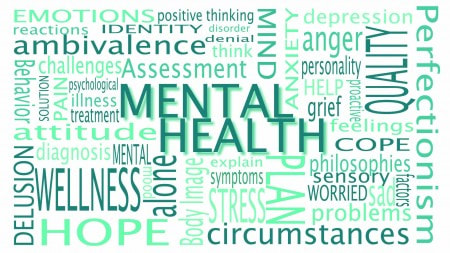Anger Management.
Anger is an emotion we all experience. It is raw, and real, and at times difficult to express appropriately. What becomes challenging is learning how to express anger and the accompanying negative feelings in constructive ways. It’s important that we learn how to communicate clearly how we feel, but without hurting other people or ourselves in the process. This is essential for our mental and physical health, and well-being.
Counselling is a great option for anger management, because counsellors are sounding boards, they can help you to channel your anger effectively from a neutral standpoint. They can also distinguish with you, by peeling back the layers, the true source of your anger. Contact Niagara Counselling and Wellness today to set up your appointment: 905-988-5748 or 905-788-1968 or email: [email protected]
Below are some steps that you can take to express your anger in effective and healthy ways:
Counselling is a great option for anger management, because counsellors are sounding boards, they can help you to channel your anger effectively from a neutral standpoint. They can also distinguish with you, by peeling back the layers, the true source of your anger. Contact Niagara Counselling and Wellness today to set up your appointment: 905-988-5748 or 905-788-1968 or email: [email protected]
Below are some steps that you can take to express your anger in effective and healthy ways:
|
Recognize your feelings of anger. Admit that you feel angry. Learn and know what triggers your anger. What does anger mean to you? How do you know you’re angry?
Calm down. Take some deep breaths. Count to ten. Remind yourself that you can handle the situation better if you are calm and not worked up. Try not to act or make any rash decisions while you are angry, wait until you have calmed down and are less likely to do or say something that you might regret. Talk to someone. Having someone to talk to who is not directly involved with the situation, someone neutral and non-biased, can help you evaluate whether or not you are reacting to the situation appropriately. Sometimes it is a matter of interpretation. Identify. What is the source of your anger, and what additional fears and emotions has it caused? Keep track of your anxiety level and the “spin off” effect that your anger has produced. Look at the situation with fresh eyes. After taking a step back from the situation and giving your self some time to re-evaluate, you give yourself the chance to see that what caused your anger may not be as bad as you initially thought. Try not to avoid or bottle up anger. Allowing anger to fester and build up may lead to it interfering with future situations. Make a decision to confront your anger, or let it go. |
Look at your options. Think about possible ways you might respond to the situation and examine their potential outcomes.
Solidify your response. Choose the response that will be the most positive for you and your future in the long run. Be assertive. Be firm, yet pay attention not to blame or make comments that may hurt or insult. This can make others defensive and will only prolong resolution. The goal is to resolve the situation, not to win. Be fair. When communicating with another person that they have made you angry, be specific. Say exactly what has made you angry, why, and your expectations on how to resolve. Ask if they understand your feelings. Then, give the other person a chance to do the same. Ask the other person to work towards a resolution together! Displacement of anger. Sometimes when we are angry, we displace our anger onto others who are not the true source of it. If you are angry with someone, make sure you are dealing with the right person. Avoid taking it out on others. Release your anger. Exercise, humor, and activities you like to be involved with are all great ways to help release some tension. These are healthy ways to move on and forward until you are able to confront the source of your anger. Practice relaxation techniques. Get help! |
© 2024 Niagara Counselling. All rights reserved.
